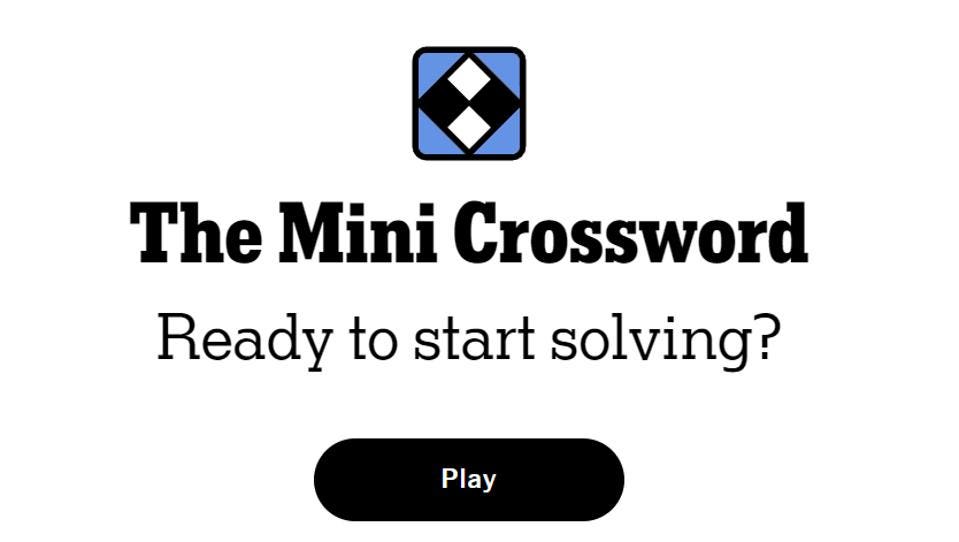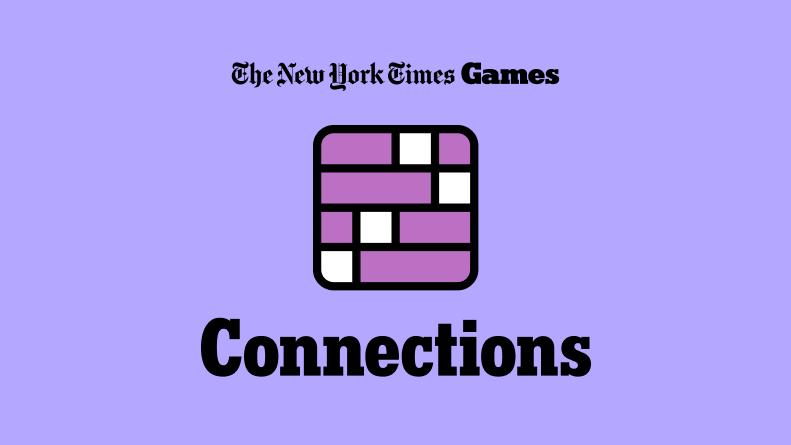In healthcare AI, the best technology doesn’t always win—the most trusted one does. Success depends on cultivating credibility, peer validation, and regulatory confidence. This is the essence of Aura Farming.
getty
Picture this scenario: two healthcare AI vendors pitch an identical sepsis detection algorithm to the same health system. Both claim 95% accuracy. Both present statistically comparable validation data. Yet, one secures a $3 million enterprise contract, while the other is consigned to an 18-month procurement purgatory.
This is the daily reality of the $45 billion healthcare AI market.
The critical lesson?
The best technology doesn’t always win. The most trusted technology does.
Hospital executives aren’t buying software; they’re betting on patient safety and institutional reputation. In an environment where more than 90% of AI implementations fail to deliver promised ROI, the central question for any Chief Medical or Information Officer isn’t just “Does it work?” but “What is the career and institutional liability if it fails?”
With sales cycles averaging 14 months, the deciding factor is rarely a marginal improvement in algorithmic performance. Victory goes to the vendors who master the art of Aura Farming, the deliberate, strategic cultivation of trust that de-risks the purchasing decision for hospital leadership.
Having advised health systems and vendors on this journey, I’ve identified three non-negotiable strategies that separate market leaders from also-rans.
1. Academic Validation: The Currency of Credibility
In medicine, peer-reviewed publication in journals like JAMA, The Lancet, or Nature Medicine carries more weight than any Silicon Valley-style sales deck. Sophisticated vendors embed their researchers within top-tier academic medical centers to conduct multi-year, real-world studies.
Consider Epic’s sepsis detection model. A study from North Oaks Health System showed its integration led to interventions 30 minutes sooner and an 18% reduction in mortality. Impressive, but the true power of an academic strategy was revealed when independent researchers at the University of Michigan published a critical analysis in JAMA Internal Medicine, finding the model missed two-thirds of cases.
A weaker vendor would have faltered. Instead, Epic’s engagement with the scientific process, welcoming scrutiny and contributing to the discourse, strengthened its credibility. It demonstrated a commitment to transparent, ongoing evaluation that resonates with clinical leaders. This transforms a product from a black box into a participative tool in the scientific community.
2. Lighthouse Institutions: The Halo Effect
Academic validation alone isn’t enough. The second pillar of Aura Farming is social proof through trusted peers. Nothing accelerates confidence like a seal of approval from a prestigious, peer institution. Smart vendors strategically secure “lighthouse” clients, organizations whose reputation for clinical rigor signals safety and credibility to the broader market.
For the same Epic algorithm, MetroHealth System served as this beacon. A study led by their researchers demonstrated tangible outcomes: faster antibiotic administration and increased “days alive and out of the hospital.” This endorsement from a respected peer carried more influence than any vendor-authored case study.
The halo effect is profound. Adoption by leading academic medical centers sets a standard for teaching hospitals, while validation from large integrated delivery networks builds confidence among community hospitals. This creates a trust cascade that money cannot easily buy.
3. Regulatory Validation: The Legal Shield
In healthcare’s risk-averse culture, regulatory milestones like FDA clearance or a CE mark are not just bureaucratic check boxes. They are powerful positioning events that transmute a “promising technology” into a “vetted clinical solution.”
Astute vendors leverage the regulatory process to build an invaluable library of clinical evidence, safety data, and efficacy documentation. This becomes indispensable sales collateral for hospital legal, risk, and compliance teams. It provides the objective, third-party validation executives need to justify adoption to their boards and mitigate perceived personal and institutional risk.
Why Aura Farming Matters
Individually, these strategies are effective. Woven together, they form an almost insurmountable competitive moat. A competitor might replicate a feature set in months, but they cannot rapidly replicate years of academic partnership, the earned endorsement of lighthouse institutions, or the rigorous stamp of regulatory approval.
That is why Aura Farming is the ultimate strategic differentiator. It shifts the conversation beyond price wars or feature races into the realm of proven, low-risk value. In healthcare AI, trust is not a soft metric, it is the ultimate currency. Vendors who farm aura will not just win contracts; they will shape the future of care.









